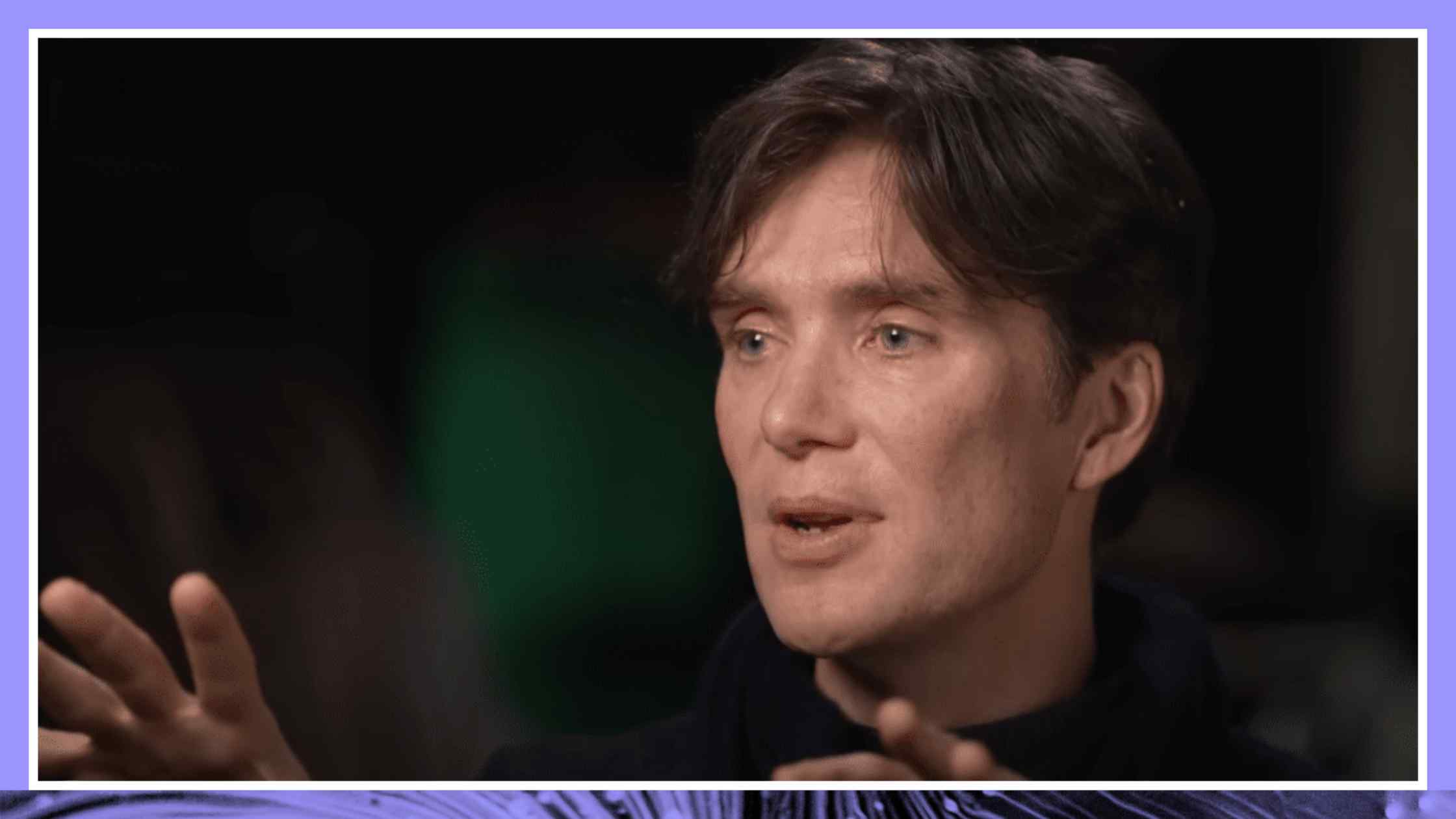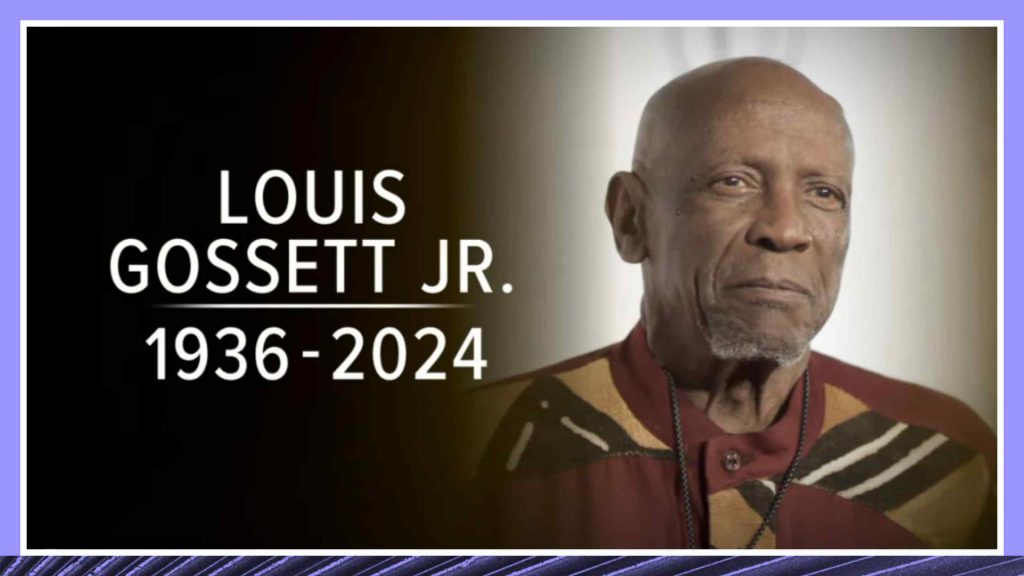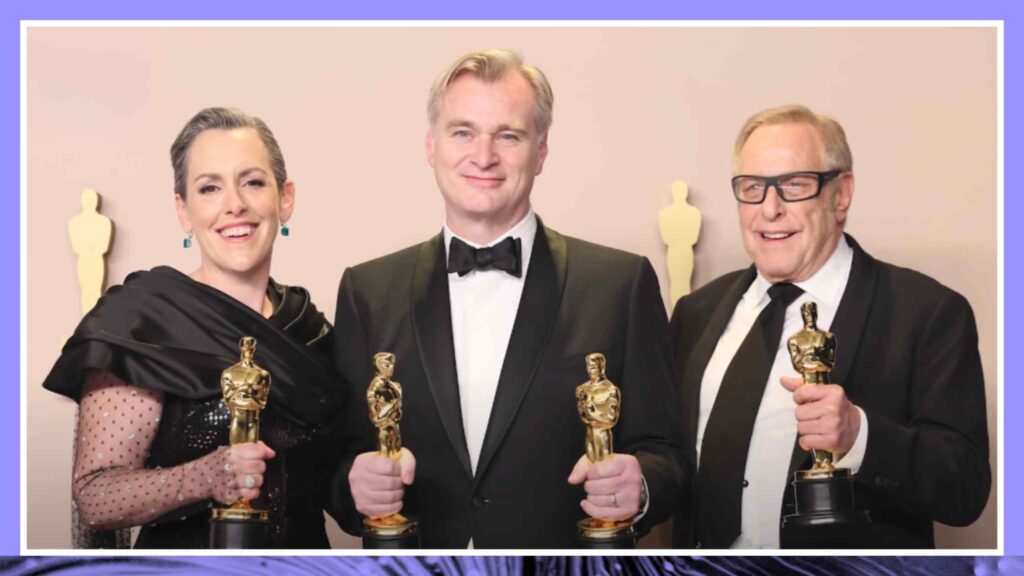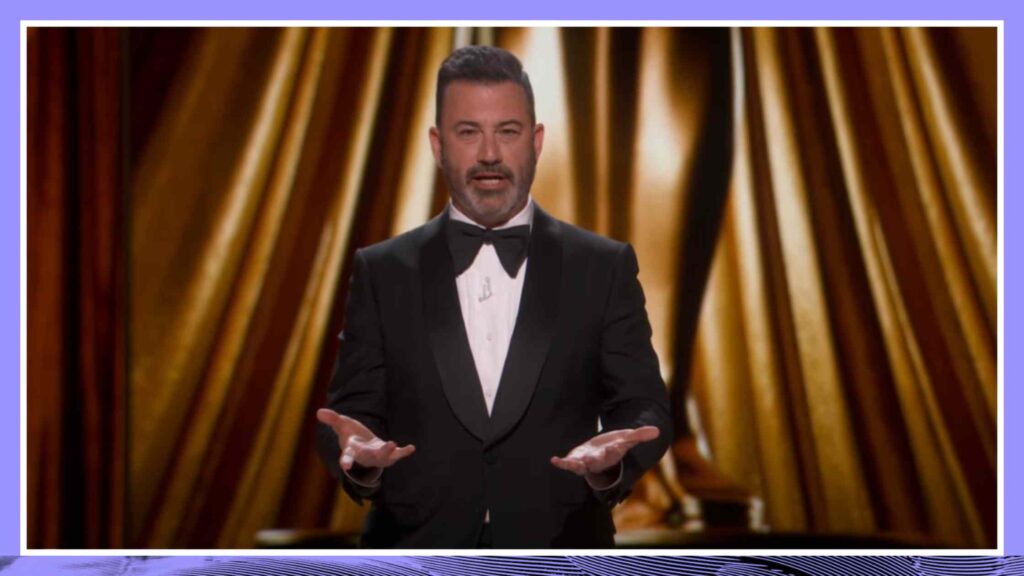Feb 22, 2024
Cillian Murphy: The 60 Minutes Interview Transcript

“Oppenheimer” star Cillian Murphy pulled back the curtain to talk about his approach to acting. Read the transcript here.
Transcribe Your Own Content
Try Rev and save time transcribing, captioning, and subtitling.
2023 was the year the world learned to pronounce Cillian. The ancient Irish name seemed to be on everyone’s lips as the film Oppenheimer became a blockbuster with 13 Oscar nominations, including Best Actor for Cillian Murphy. Murphy has worked nonstop for nearly 30 years, but it was the epic drama of the atomic bomb that ignited a star. In this moment with a Golden Globe under his pork pie hat and the Oscars three weeks away, Murphy is more famous than well-known, so we set out to learn more. We were warned the 47-year-old Irishman is reserved and wouldn’t talk about himself, but we discovered finding Cillian Murphy depends on where you look.
Speaker 2 (00:56):
The story will continue in a moment.
Speaker 3 (00:58):
[foreign language 00:01:04]
Scott Pelley (01:13):
Ireland’s Dingle Peninsula was named for a goddess before such things were written, and for 6,000 years, stories have passed by ear.
Speaker 3 (01:23):
[foreign language 00:01:28].
Scott Pelley (01:32):
If verse inhabits every Irish soul, then in a country pub, Cillian Murphy is among peers as he would have it, just a man with a pint to lift and no fame to bear. What is the meaning of Ireland?
Cillian Murphy (01:50):
Oh, man.
Scott Pelley (01:51):
To you?
Cillian Murphy (01:52):
I don’t think I can answer that question satisfactorily. It’s defined who I am as a person and my values. It’s just home.
Scott Pelley (02:04):
Home includes his wife of 20 years, two teenage sons and Scout, a lab named for the character in To Kill a Mockingbird. That figures, Murphy has always let stories lead his path.
Cillian Murphy (02:20):
You find so much empathy in novels because there you are putting yourself into somebody else’s point of view. I’ve always been a big reader. When a movie can connect with someone and they feel seen or feel heard, or a novel can change somebody’s life or a piece of music, an album can change someone’s life, and I’ve had all that happen to me, and that’s the power of good art, I think.
Scott Pelley (02:45):
There’s a straight line from the music in the pub to Oppenheimer.
Cillian Murphy (02:50):
I think they’re from the same source. I really do. I see it’s all on a continuum, you know what I mean? It’s just a form of expression.
Scott Pelley (02:58):
Expression in the eyes of Jay Robert Oppenheimer, the physicist who created the atom bomb but never controlled it.
Cillian Murphy (03:07):
If they detonate it too high in the air, the blast won’t be as powerful.
Speaker 5 (03:10):
With respect. Dr. Oppenheimer, we’ll take it from here.
Cillian Murphy (03:16):
I remember reading at the beginning about him that he was more riddle than answer, and I thought, “Oh, okay. Wow, that’s interesting.”
Scott Pelley (03:27):
I’m curious about your notes. The riddle was in this script by writer director Christopher Nolan printed in red so it couldn’t be photocopied.
Cillian Murphy (03:38):
I did genuinely think it’s one of the greatest screenplays I’d ever read.
Scott Pelley (03:41):
You told him, “I’ll do it.”
Cillian Murphy (03:43):
I mean, I said, “I’ll do it,” before I read it. I always say that.
Scott Pelley (03:46):
That’s quite a risk. Why would you do that?
Cillian Murphy (03:48):
It’s always paid off for me in every film that I’ve worked with him on.
(03:53)
I’m not going back.
Scott Pelley (03:56):
There have been six Chris Nolan films for Murphy, Dunkirk, Inception, and three Batman titles.
Cillian Murphy (04:08):
Would you like to see my mask?
Scott Pelley (04:09):
You told me that getting a film made and getting it seen is a miracle.
Cillian Murphy (04:15):
It is. Then if it’s any way good, that’s a miracle. Then if it connects with audiences, that’s a miracle. It’s a miracle upon miracle, upon miracle to have a film like Oppenheimer, it really is.
Scott Pelley (04:29):
His Oppenheimer was not so much a miracle as hard work. He lost 28 pounds to get the silhouette. Then he rose to the character step by step over six months, reading, listening to Oppenheimer’s lectures and covering miles on the beach performing for Scout.
Cillian Murphy (04:51):
I remember at one point I said to Chris, “Chris, he appears to speak Dutch here and I think he’s giving a lecture of Dutch here. What are we going to do about that?” Chris said, “You mean, what are you going to do about that?”
(05:10)
[foreign language 00:05:10].
David Krumholtz (05:10):
What’s he saying?
Scott Pelley (05:12):
Murphy says, he put all he learned in the back of his mind and acted on instinct.
Cillian Murphy (05:18):
I think instinct is your most powerful tool that you have as an actor. Nothing must be predetermined. Therefore, you mustn’t have a plan about how you’re going to play stuff. I love that. It’s like being buffeted by the wind and being buffeted by emotion.
Emily Blunt (05:38):
You don’t get to commit to sin and then have us all feel sorry for you.
Scott Pelley (05:38):
Emily Blunt plays Oppenheimer’s tormented wife.
Emily Blunt (05:47):
You pull yourself together.
(05:47)
He is very visceral to be in a scene with, it’s like you… He transports you. He’ll kidnap you in a scene.
Scott Pelley (05:53):
My favorite acting moment of his in Oppenheimer is the scene after the bomb has been dropped and he’s addressing all of the people at Los Alamos.
Cillian Murphy (06:02):
The world will remember this day.
Scott Pelley (06:11):
He somehow welds together the concept of being proud of what they did.
Emily Blunt (06:18):
Yes.
Scott Pelley (06:18):
And regretting it very deeply all at the same time.
Emily Blunt (06:23):
Yes, I know.
Cillian Murphy (06:25):
It’s too soon to determine what the results of the bombing are, but I’ll bet the Japanese didn’t like it.
Emily Blunt (06:37):
No one moment is about one thing. If you’re as agile as someone like Cillian and as vulnerable and as clever, you can play it all. But I don’t know if many people can do what he does.
Scott Pelley (06:52):
Cillian Murphy just discovered agility in his hometown, Cork. His mother was a teacher. His father, a school inspector. In high school, Murphy and his brother had a band performing led to acting class and his first play. This is more like the size of a storage room than a theater.
Cillian Murphy (07:14):
Yeah, but that’s all we were used to.
Scott Pelley (07:17):
His first theater, 1996, age 20. The play was Disco Pigs, which grew to bigger theaters and became a movie. Why did you think you could be an actor?
Cillian Murphy (07:29):
I didn’t. I was very comfortable on stage in front of an audience from when I was little. I never had any nerves doing that. It felt natural and thrilling.
Scott Pelley (07:42):
In this theater, what did you learn about acting?
Cillian Murphy (07:47):
There’s a fire escape door right there, and that’s an alleyway there. You get a lot of drunk guys out of their mind, bashing up against the fire escape door. It used to energize us. I remember learning about taking whatever you have, responding to whatever the energy is in the room and using it.
Scott Pelley (08:09):
That’s really good training, maintaining your character with the drunk guy yelling through the fire escapee door.
Cillian Murphy (08:17):
Yeah, and I think theater is such an absurd undertaking when you think of it because at any point it could collapse and go wrong.
Scott Pelley (08:27):
It’s dangerous.
Cillian Murphy (08:28):
Yeah. I love that aspect of it, yeah.
Scott Pelley (08:31):
That love led him to drop law school. Since then there have been a dozen plays and 40 movies.
Cillian Murphy (08:40):
I love it when it becomes an immersive experience. I love getting lost in it. In the early days that was with theater, it felt extraordinary that with just the power of will and a couple of lights and a good script, we were creating this world. That’s addictive when it works well.
Scott Pelley (09:01):
It worked well in 2013 in a breakout role as a leading man. In the series Peaky Blinders, Murphy plays Thomas Shelby, who survives World War I to lead a family of gangsters.
Cillian Murphy (09:17):
You were mostly in the war, so you know the battle plans always change and get up. Well, here it is.
(09:23)
They’re all damaged, broken men. But something got knocked in him and he came back with this incredible drive and ambition, like “I’m not afraid of death, so now I can do whatever I want.”
Scott Pelley (09:42):
In Tommy Shelby, you created a sympathetic, relatable, monster.
Speaker 16 (09:53):
Kill and kill.
Cillian Murphy (09:54):
The only way to make people listen.
(09:56)
I like to be challenged and when I read something I want to go, “I don’t really know how I can do that.”
Scott Pelley (10:04):
In 10 years of Peaky Blinders, Murphy came into his own.
Cillian Murphy (10:09):
I heard very early on in my career a director. It was one of the Sydneys. It could have been Sidney Lumet, it could be in Sydney Pollack. But one of them said, “It takes 30 years to make an actor.” It’s not just technique and experience and all that. It’s maturing as a human being and trying to grapple with life and figure it out and all of that stuff. By the time you’ve been doing it for 30 years, you’ve all of that banked, hopefully. Eventually then I think you’ll get to a point where you might be an okay actor.
Scott Pelley (10:48):
Maturing is the theme of Murphy’s next film based on the novel, Small Things like These. He plays Bill Furlong, tormented by injustice. His wife fears his empathy will upend their lives.
Cillian Murphy (11:07):
Do you have a question [inaudible 00:11:11]?
Eileen Walsh (11:19):
If you want to get out in this life, there are things you have to ignore.
Scott Pelley (11:26):
That’s Eileen Walsh. No actor has known Murphy longer. She was his first partner in Disco Pigs 28 years ago. Is his work ethic rooted in fear or joy?
Eileen Walsh (11:42):
Oh, that’s a good question.
(11:46)
I think it can only be joy, but it sometimes takes a lot of pain to get to that joy. The deeper we go with acting, the cost is greater for us. Physically, I know Oppenheimer has cost him for the weight loss. He insisted and it was his choice to do, but then it was the right choice to create that amazing silhouette. But from the very beginning, our warmups for Disco Pigs involved us punching each other quite hard and going for it and then bursting out into it. This huge ball of velocity coming into it was the beginning of an Oppenheimer, was the whole atom of us.
Scott Pelley (12:43):
Now, after three decades of work, Cillian Murphy is cast in the most familiar Irish legend of all. Maybe there is gold, a 24 karat gold-plated statue at the end of his spectrum of talent. You have screwed this up though, you know?
Cillian Murphy (13:04):
In what way?
Scott Pelley (13:05):
You used to be an actor and now you’re a movie star.
Cillian Murphy (13:09):
Okay. Am I? I think you could be both. I’ve never understood that term really, movie star. I’ve always just felt like I’m an actor. That’s, I think, a term for other people rather than for me.
Transcribe Your Own Content
Try Rev and save time transcribing, captioning, and subtitling.






